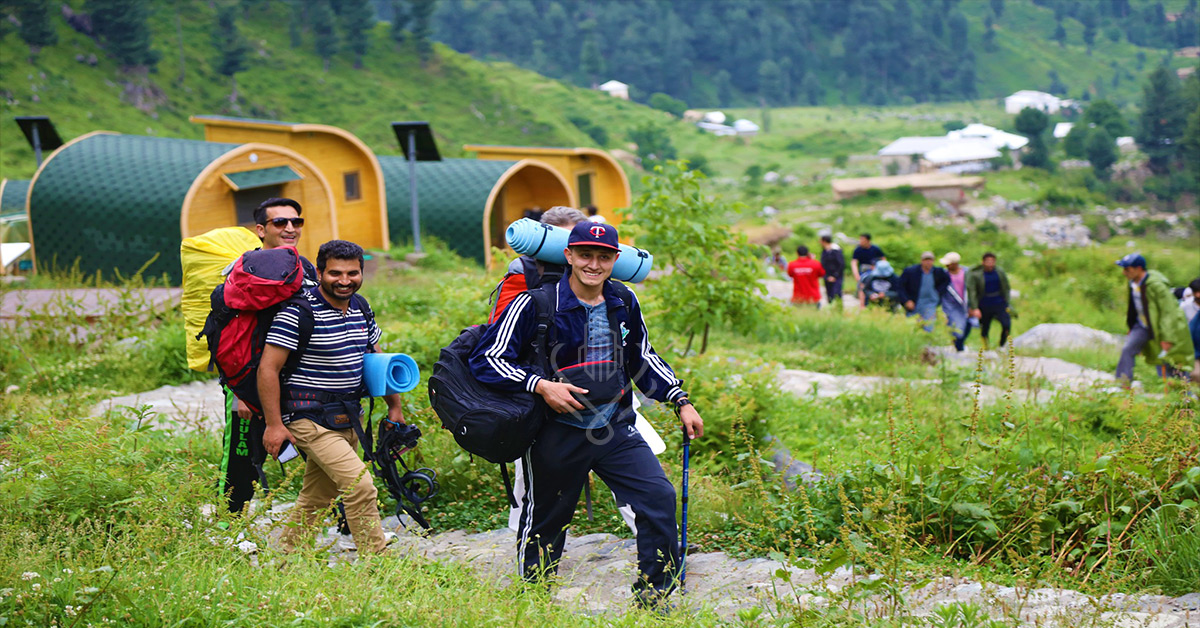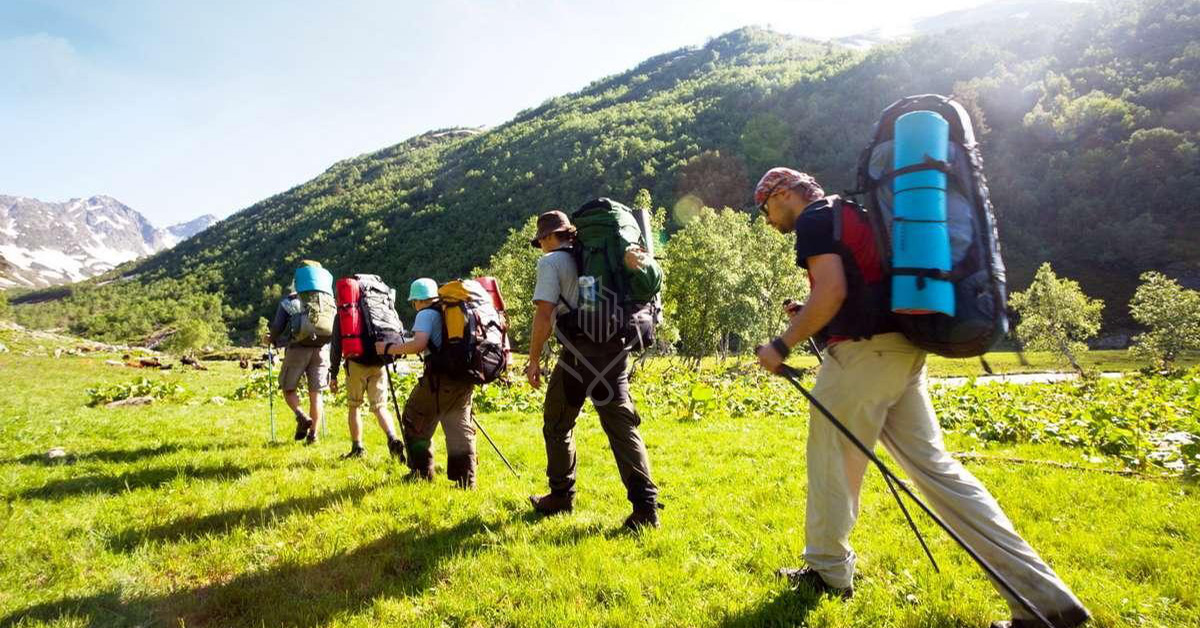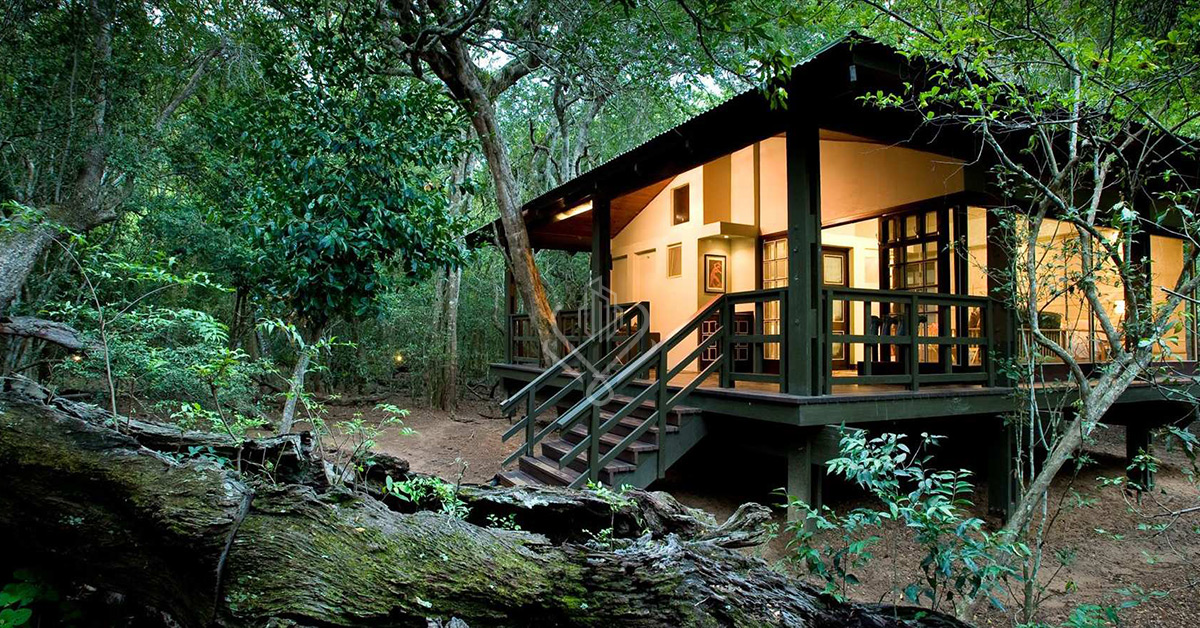Eco-tourism in Pakistan
In Pakistan, eco-tourism is defined as travel related to and intended to prevent environmental damage while taking pleasure in visiting a new country or place.

Pakistan, one of the countries with a developing tourist industry, has reaped significant advantages as a result. However, addressing the unacknowledged portion of environmental deterioration and pollution that resulted from the 2020 tourism boom is equally imperative.
The areas’ inadequate infrastructure and development were the primary causes of problems related to tourism.
Importance of Tourism Industry in Pakistan:
Pakistan’s tourism industry is very important since it helps sustain local economies even during periods of weak national economic growth. The areas with significant annual tourist inflows are able to earn and live well enough to support their families in spite of inflation and other issues. Therefore, this industry may be developed, its processes improved, and appropriate facilities provided in these places to make it even more financially fit.

When tourists visit places where they leave their garbage behind, the most typical sight is plastic pollution from single-use plastics, disposable cutlery, plastic bottles, etc. Pakistan’s tourist sector has enormous potential to boost both the local and national economies, but before it can help the country in the long run while protecting the environment, it must be made sustainable and environmentally friendly.
How Can This Industry be Made Eco-friendly?
The following are some suggestions about how to make this industry more sustainable:
Penalties:
The first step in addressing the primary and ongoing issue with tourism is to impose fines. The polluter pays approach, which penalizes polluters directly for ruining an area’s aesthetic value, has worked well for many countries throughout the world, including the US, China, Japan, and Saudi Arabia, to mention a few. Since most tourists would eventually have to pay for their activities, this also instills in them a sense of respect and awareness for their conduct.
Eco-Lodging:

Creating environmentally friendly lodging options for travelers, such as log cabins made from old or mature trees on degraded land that cannot be returned to its original form and use, is known as “eco-lodging.” A piece of barren land can be creatively transformed into a distinctive camping or tenting area with energy-efficient lighting, a sustainable fuel source for home cooking, and other features. These resorts or lodges can be constructed from old, unstable trees that could endanger human safety or life during windstorms or other adverse events.
Agro-Tourism:

Enticing and giving visitors the chance to visit rural farms to observe the procedures and techniques employed there and get a taste of the regional farming methods. Additionally, it can be configured so that they can use produce from the land to cook and enjoy their meals. This will also promote the growth of respect for one another and provide a firsthand look at the local way of life with no negative impact on the environment.
Provide Options for Home Stays
These would be less expensive than hotels, which are typically pricey, energy- and water-hungry, and consume a lot of resources. Additionally, there’s a good risk that hotels will be constructed on floodplains, in areas that are prone to flooding, or on other poorly planned and chosen locations.
Avoid Private Transport:
For an exceptional vacation experience, stay away from private transportation and choose local transportation. The government should make improvements to public transportation to entice people to select it over private transportation. This will assist in lowering carbon emissions. In particularly vulnerable places where greenhouse gas emissions in the atmosphere may have an impact on biodiversity, a carbon price may be applied if private transportation is required.
Sporting Activities
activities among visitors and residents to understand their culture and get to know them personally. Additionally, this will make the sport known both domestically and abroad, where it would not have existed before.
High Value, Low Impact Approach:
In order to effectively manage the number of tourists while protecting the natural environment and resources, the government levies hefty fees from each individual traveler.
Conclusion
Environmental integrity, equitable society, and economic development are the three pillars of ecotourism. It demands a minimal impact, high value approach to tourism. Another strategy to guarantee long-term gains usually entails government investment first, which creates a framework and model that can be successfully expanded upon by the tourism sector. Long-term benefits for Pakistan will result from the adoption of such measures.
Our Featured Article:
Read More: President Alvi Calls for Sustainable Tourism Planning
Don’t miss the chance to invest with Lakeshore! Secure your investment today by investing your financial investment with Lakeshore in the following available options like Lakeshore City, Lakeshore Club, and Lakeshore Farms.
For More updates, please Contact +92 335 7775253 or visit our website https://lakeshorecity.com/
Lakeshore City is the upcoming elite lifestyle at Khanpur Dam. Offering no parallel amenities for the members and owners of distinguished farmhouses.
Become Part of Luxurious Lifestyle
Contact: 0335 7775253
